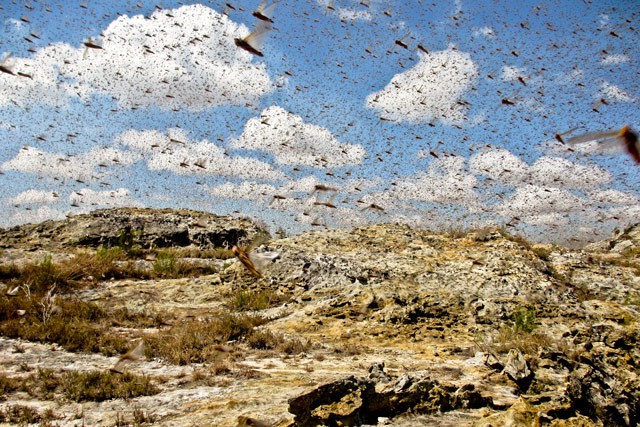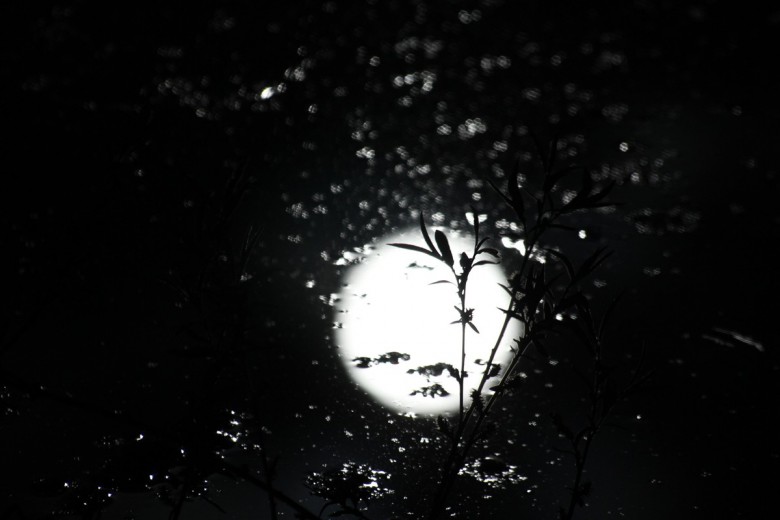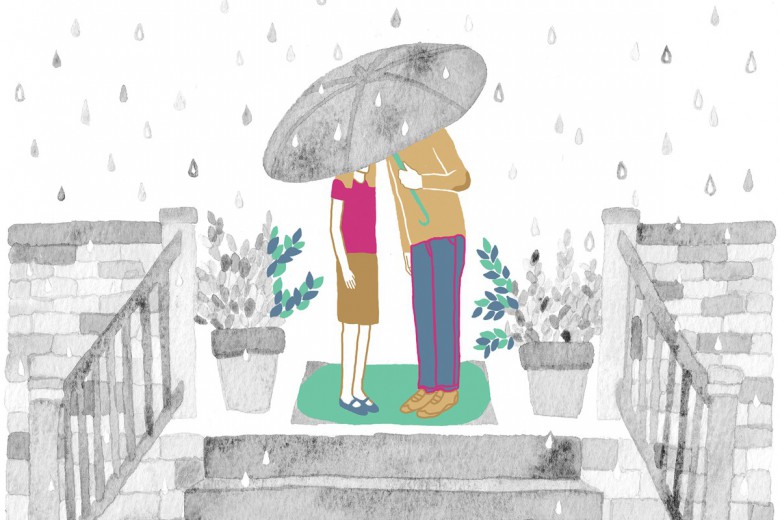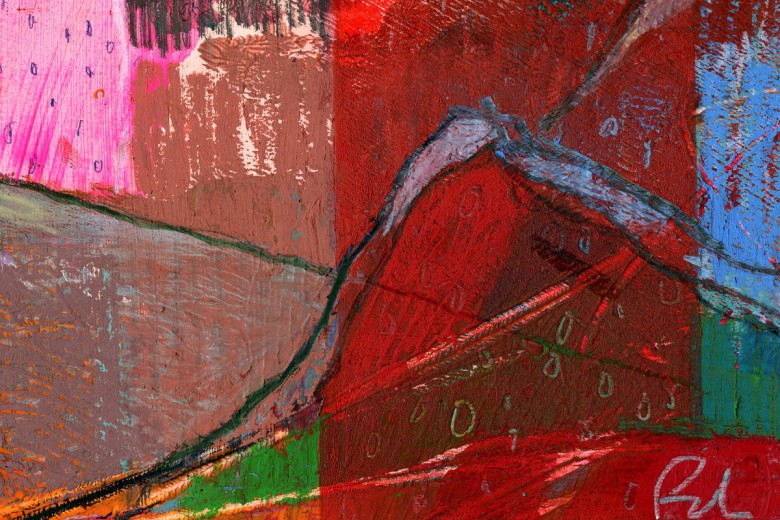
On the morning of October 31, I sleepily reached for my cellphone to turn off the alarm and saw that there was a message blinking to be read. It was from my sister in Uganda. It read: Dear Iryn, our brother Alex has gone, joined our mother n brother Magezi.
I winced.
I was on my feet at this point and as the message sunk in, my knees buckled under its weight, and I involuntarily sat back on the bed from which I’d just arisen.
Gone.
When I was pregnant with my first child, the gynecologist my doctor sent me to asked me: “You’re 36 weeks gone?”
Confused, I responded: “Gone where?”
Alex was always going. Always had some place to be. He went, and in his own good time, he returned.
Like that one time when he was about 13 years old and he slipped away in the middle of the night and got on a bus to Mbarara. He’d had a run-in with dad the previous night. Dad had confronted him about his reluctance to continue school. He said if Alex didn’t want to go to secondary school, well, that was not an option.
Dad’s house, dad’s rules.
Alex said he’d sleep on it but when everyone was sleeping, he surreptitiously left.
The next day, a bus driver stopped by dad’s shop to collect Alex’s bus fare.
He came back, five years later, a tough-looking 18-year-old with the husky voice to match. It was Christmas Eve and we were all sitting on the front porch of our big brick house in Kamwenge, waiting for carollers, when, out of the corner of my eye, I spotted a bulky person with Alex’s face walking purposefully towards us. Mom was happy for the return of her prodigal son. I was still mad at him for leaving in the first place. I asked him why he came back and he said: “Because runaways love Christmas, too.”
Alex’s bedroom had long been transformed into storage and I was forced to share mine with him. Our shared space provided him the opportunity to give me, his little cold-shouldered sister, a glimpse into the past five years of his life, starting with the night he arrived in the big city, scared out of his skin.
After a 10-hour bus ride, he’d stepped off the bus in Mbarara and checked himself into the first motel he saw. He craved a hot bath and he wanted to regroup, to make sure he hadn’t made the worst mistake of his life running away from home.
But the bathtub in his motel room was dirty and rusty, forcing him to have a shower instead. He cranked the hot water knob so the water washing over him was a few degrees short of scalding. Alex had always had an unexplained affinity for hot water. It calmed him or something. He stood unmoving under the burning water until it wasn’t burning anymore.
“Wait a minute,” I jumped in, breaking the silent treatment. “What do you mean ‘until it wasn’t burning anymore?”
This made him laugh loud enough so the gecko that usually hang out by the crack in the cement on the opposite wall fell to the floor before skittering off.
Apparently Alex hadn’t thought to look at the miniature size of the water heater in his room and when the water ‘stopped burning,’ he thought he’d somehow acquired superhuman abilities, which emboldened him to stride confidently into the auto repair shop he’d spotted across the way from the bus stop and ask its manager for a job.
“Are you a mechanic?” The manager had asked him.
“I’m still learning,” Alex lied.
“You are looking to apprentice, then?”
“Yes sir” Alex said.
“Can you start tomorrow?”
“Yes sir.”
And just like that, Alex got a job for which he had a great deal of curiosity and zero training. He’d have to learn fast. And he did. He specialized in motorbikes because riding a bike, or simply talking about riding one, gave Alex an extra Y-chromosome he’d always yearned for. In time, if anybody in the city wanted their motorbike fixed, One-Eye Alex was the man for the job. They called him One-Eye Alex because Alex did indeed have only one eye, having lost the other in a freak accident when he was a boy of eight or nine.
When Alex lost his eye, we still lived in Kiyoima, the first village of our childhood. It’s a hamlet tucked away on the edge of Kibale National Park in Western Uganda. Our family land, and our first home, bordered the park with its chimpanzees, baboons, and monkeys. From time to time, my family kept goats and it was Alex’s after-school chore to shepherd them. One day while he was grazing them out in the field, and passing the time by kickboxing an imaginary opponent, he lost his balance and landed face down on the ground where a stick lodged itself deep into his right eye, turning it into a soupy mess. He ran home crying a mixture of tears and cornea. He was rushed to the hospital, which was a full night’s drive away in dad’s tractor, but the doctors there couldn’t save his eye. It had been damaged beyond repair.
He came back from hospital weeks later with a bad temper and an unfamiliar face.
His right eye had shrivelled to half the size of his left and it wasn’t brown anymore.
It was grey. Dirty white. There was a dirty white slit where his right eye used to be and this was the scariest thing I’d ever seen because I was only six or seven. I’d seen, in my short life, a baboon walk right into our mud-and-wattle kitchen and toss about the pot of potatoes we were meant to have for dinner. I’d seen a python swallow our rooster that I called Kanywani, Rukiga for “little friend,” whole. I’d seen two chimpanzees engage in aggressive sexual coupling, a scary thing I didn’t understand. But none of these things had terrified me to the depths Alex’s changed face did. The damaged eye lent his face a look of constant shock or scorn, depending on your angle. But mostly he seemed mad. And his pool of laughter had dried up. No joke was funny enough to elicit as much as snicker from him.
This soon changed. In time, I learned that the splinter of wood that shattered his eye, fracturing his vision, had only grazed the surface of his spirit. That’s a type of wound time could heal. And it did.
All it took was the arrival of grasshoppers. That year, swarms of them arrived in the nuclear heat of noon, momentarily transforming our blue sky into a sea of green before diving down to the ground like manna falling down from heaven. For the locals, time was of the essence – the grasshoppers had to be harvested before they had a chance to destroy the villagers’ crops. So all other work came to a standstill as the village folks took to the fields with plastic containers and sacks to catch their dinner for that day, and for many other days to come.
For Alex, grasshopper season was a time for scientific discovery. While everyone else harvested for volume, he collect a representative sample of grasshoppers based on colour, the striations in their wings, their stridulation. He’d bring them home in aerated plastic containers, throwing around big words like “phylum arthropoda,” his Rukiga crackling underneath the biology. I was the unreliable assistant, trying, and oftentimes failing, to divide my attention between the eight-year-old entomologist and the silent beacon carried by the overpoweringly delicious smell of freshly roasted grasshoppers, calling me to the kitchen. That year’s grasshopper season gave me more than just my favourite snack. It brought me my brother back.
In Mbrarara, Alex told me the Christmas Eve he returned, he used his one-eyed mean boy look to his advantage. The girls there were a little afraid of him and a little in love with him. He’d learned to drink alcohol, too, and beer transformed his introversion into a kind of masculine reticence women couldn’t resist, he said. He was talking about a girl with braids of black and white who he was hopelessly in love with, but his voice was morphing with the soft chirping of the black and white gecko now perched against the blue handle of the kerosene lamp whose light was slowly dying.
I woke up to the smell of freshly squeezed passion fruit juice. Alex had brought my breakfast to me in bed. As Christmases go, that one remains unequalled.
*****
Two years later, I managed to convince my parents to let me go and spend a week with Alex in Mbarara. On the phone, he said he’d take time off work to show me a good time. I was over the moon.
On my first night in Mbrarara, Alex took me out for dinner. We met two of his friends at a downtown joint where we ordered fried pork and fire grilled bananas. Alex and one of his friends were drunk halfway through dinner. The other friend was a Muslim and said alcohol was haram. His name was Mansur but his friends called him Man for short. Alex’s drinking buddy had yellowing teeth and breath, that after a few pilsners, smelled like garbage that had been left standing too long under the sun.
And he couldn’t keep his greasy hands off me. I wanted out of there and I told Alex I did. He said to relax. A few minutes later, Alex received a text from his girlfriend and he stepped outside to give her a call. He didn’t come back. After he’d been gone two hours and not returning my calls, I asked Man to drive me home, seeing as he hadn’t been drinking or ogling me all evening.
We’d been driving quietly for about 15 minutes when Man suddenly slid his hand under my skirt, saying he wanted to make me happy. I slapped his hand away and said a firm “no,” which Man took to mean “yes,” so he insisted, groping and grabbing and talking. I jammed my boxy Nokia cellphone into his nose and there was blood, his blood, and angry sounds. He was livid. As he pulled over, I opened the passenger door and ran as fast as my legs could carry me.
I hailed a boda boda, a motorbike taxi, and after riding around in circles for an hour or so, we found Alex’s place.
Alex opened the door to let me in and to let his girlfriend out. He took a swig from a half empty beer bottle and mumbled, “I swear I was going to come get you.”
I knew then that what I didn’t know about my brother could probably fill a book. But it wasn’t the kind of book I wanted to hang around and write.
He was gone when I woke up the next day and I was gone by the time he got back. Many, many years after this incident, and after I had moved away to Saskatchewan far, far away from Alex, he texted me, having got my number from my sister. He said he was a changed man, that I could see this change for myself when we next met.
I went back home to Uganda in the summer of 2012 and Alex came to see me at my sister’s house in Kampala. He was drunk and didn’t remember ever texting me. He must have been drunk then, too.
Alex died drunk. He got onto his motorcycle, drunk and without a helmet, and on the morning of October 31, a text message from my sister told me he was gone.





